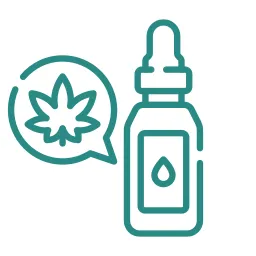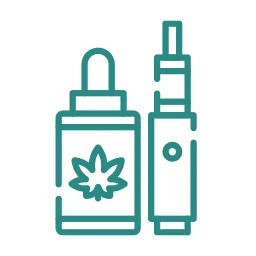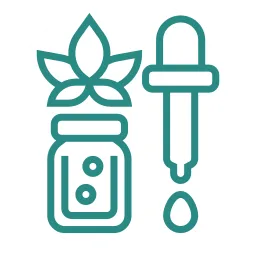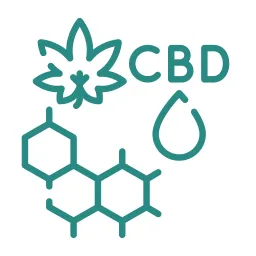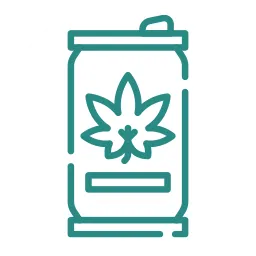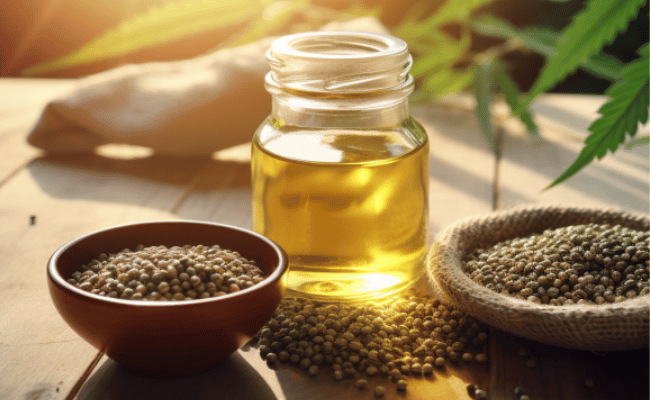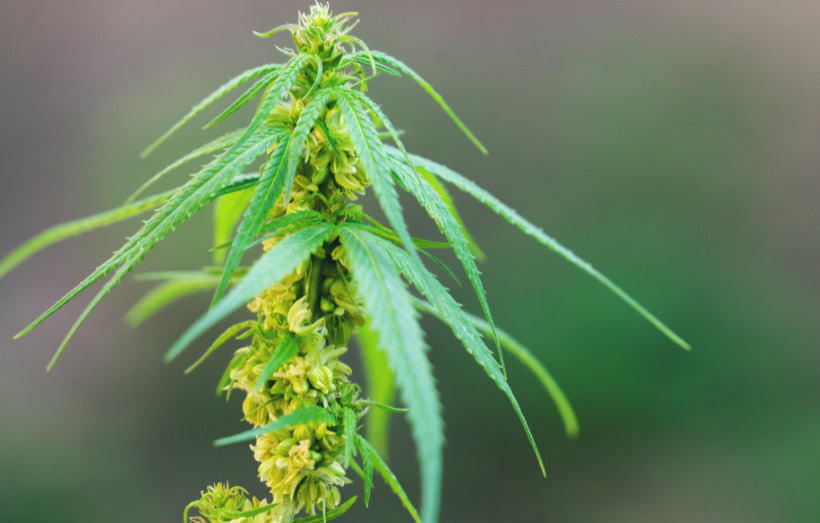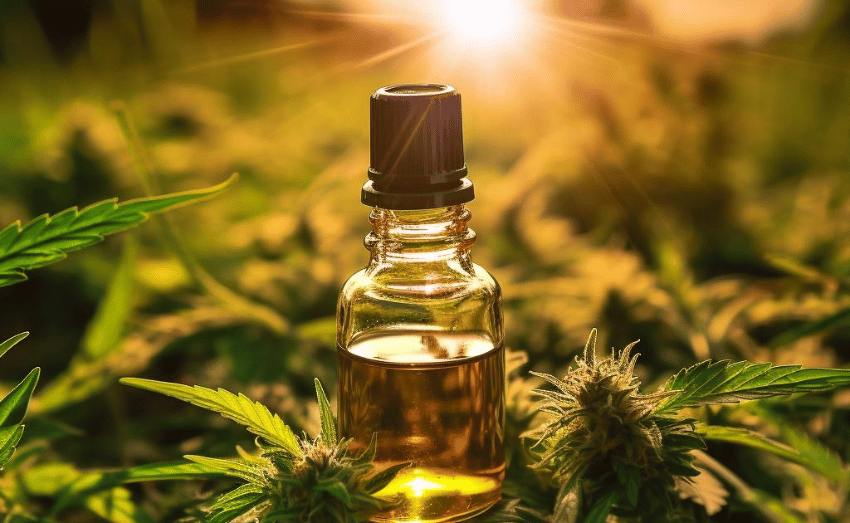Are you considering adding hemp seed oil to your diet or skincare routine but unsure about its safety and benefits? You’re not alone! The use of hemp seed oil has been on the rise in recent years, but it’s essential to understand its potential effects before diving in. In this beginner-friendly article, we’ll cover the basics of hemp seed oil, its benefits, and any potential risks associated with its use.
What is Hemp Seed Oil?
Hemp seed oil, at its core, is like the juice squeezed out from the tiny seeds of the hemp plant. Imagine how we get orange juice from squeezing oranges; similarly, we get hemp seed oil by pressing hemp seeds.
Now, the hemp plant belongs to the Cannabis sativa family. You might have heard of marijuana, which also comes from the Cannabis family. However, there’s a key difference: hemp does not make you feel “high” or “stoned”. That feeling usually comes from a compound called THC found in marijuana. Hemp, especially its seeds, has either none or extremely low levels of this compound. So, when you use or consume hemp seed oil, you’re benefiting from its nutrients without any of the psychoactive effects.
In simpler terms: Think of hemp seed oil as a health drink squeezed out from seeds. It’s packed with goodness and won’t make you feel any different mentally.
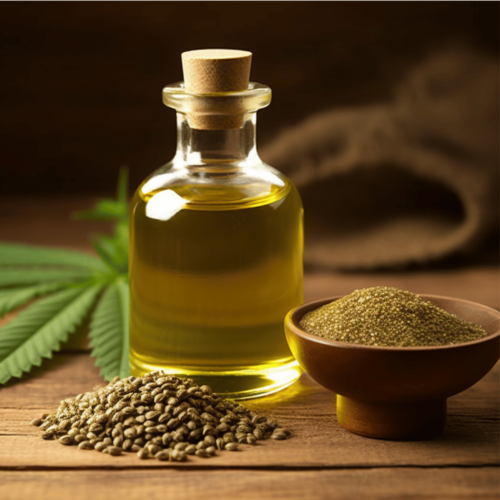
How is Hemp Seed Oil Made?
Imagine making olive oil. You would take fresh olives, press them, and extract their natural oils, right? That’s almost the same process used to make hemp seed oil. Here’s a step-by-step breakdown:
- Harvesting: The hemp plant grows tall, and once it’s matured, the seeds are harvested.
- Cleaning: These seeds are then cleaned to remove any plant residues.
- Cold-Pressing: The clean seeds are placed in a machine called a cold-press. It uses pressure to squeeze out the oil from the seeds. The term “cold” means that no heat is added during the process, which is good because heat can destroy some of the oil’s beneficial nutrients.
- Filtering and Refining: After pressing, the oil is filtered to remove any leftover particles. Sometimes, it might undergo additional refining processes to enhance its purity and taste.
- Bottling: Finally, the hemp seed oil is stored in bottles or containers, ready to be sold or consumed.
What makes this oil so special is its nutrient profile. It contains essential fatty acids (good fats that our body needs but can’t produce on its own) and vitamins, making it a fantastic choice for both eating and applying on the skin.
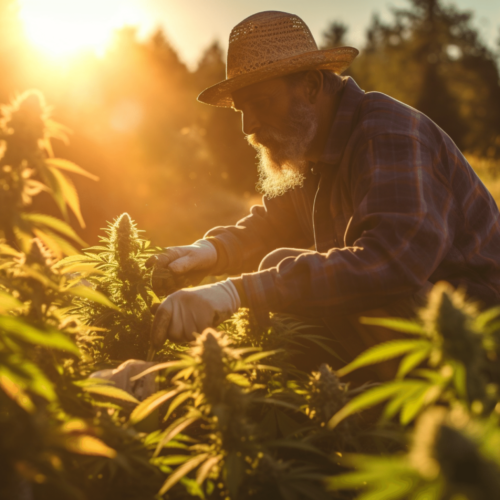
What are the Health Benefits of Hemp Seed Oil?
Hemp seed oil is rich in essential fatty acids, particularly omega-6 and omega-3, in a 3:1 ratio, which experts believe is optimal for human health. Some potential benefits of hemp seed oil include:
- Skin Health: Hemp seed oil may improve skin conditions like eczema, psoriasis, and acne due to its fatty acid content and anti-inflammatory properties. Some studies have shown that oral consumption of hemp seed oil can reduce symptoms of atopic dermatitis.
- Heart Health: Hemp seed oil is a good source of linoleic acid, which has been associated with reduced cholesterol levels and a lower risk of heart disease. A diet rich in linoleic acid may also lower blood pressure in people with hypertension.
- Pain Relief: The topical application of hemp seed oil may provide natural pain relief due to its anti-inflammatory properties.
- Inflammation Reduction: The gamma-linolenic acid (GLA) in hemp seed oil has been linked to reduced inflammation, potentially providing relief for inflammatory conditions like IBS, rheumatoid arthritis, and multiple sclerosis.
- Healthy Pregnancy: Hemp seed oil’s high omega-3 content is beneficial for pregnant women, supporting healthy brain and eye development for the baby and potentially reducing the risk of maternal depression.
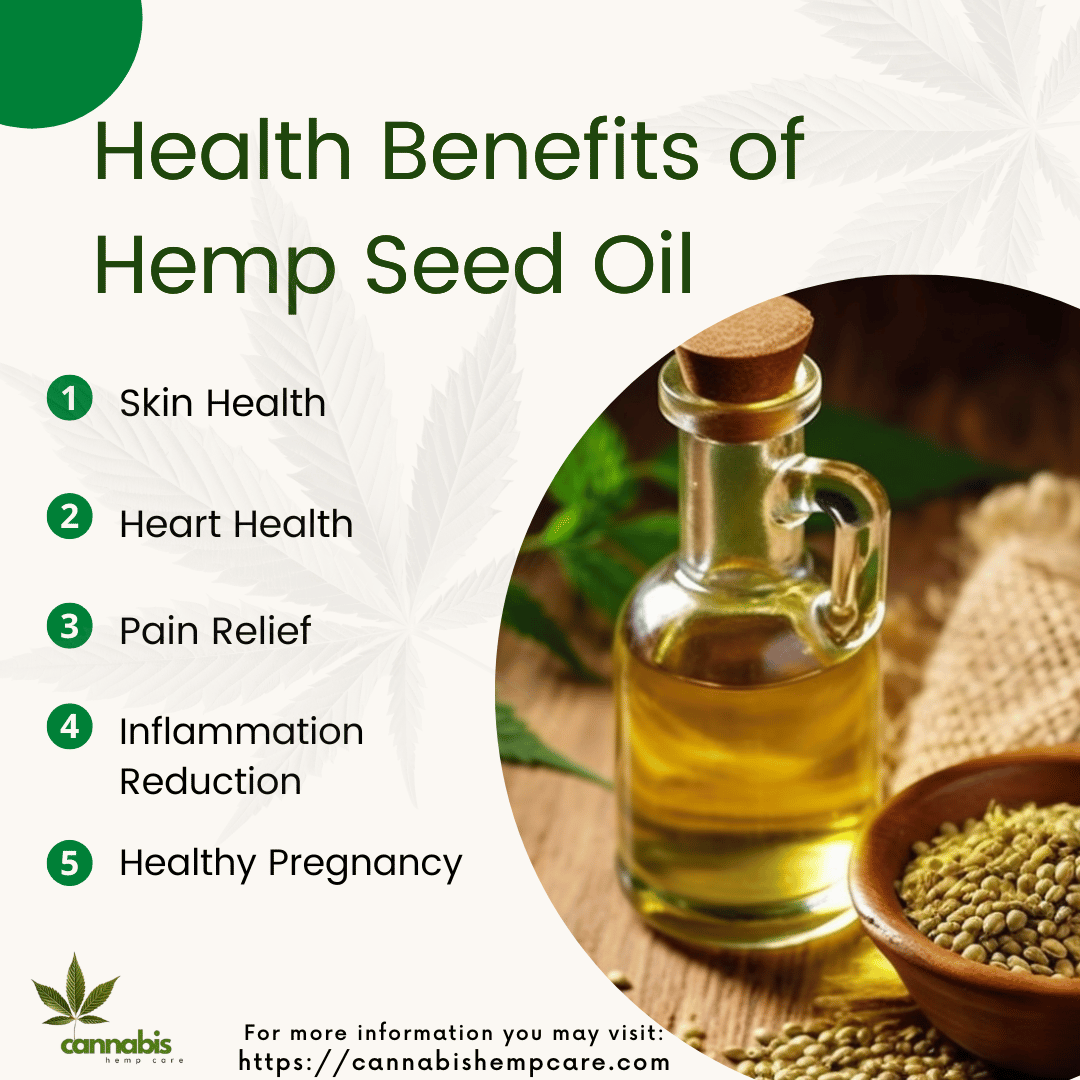
Are There Any Health Risks?
While hemp seed oil is generally safe for most people, it’s important to be aware of potential risks:
- Lower Blood Pressure: Hemp seed oil may lower blood pressure, which could be a concern for individuals with chronically low blood pressure or those taking blood pressure medications.
- Surgery Risks: Lower blood pressure may also increase the risk of complications during surgery. If you’re planning on having surgery, it may be advisable to stop using hemp seed oil beforehand.
As with any supplement, it’s essential to consult your healthcare professional before adding hemp seed oil to your routine, especially if you have existing health conditions or are on medications.
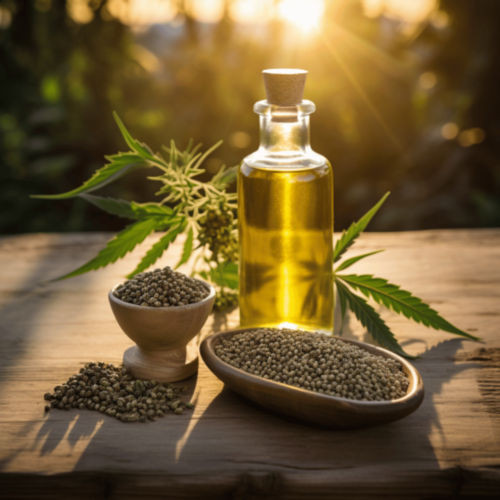
How Much Hemp Seed Oil Should I Take?
When you’re trying something new, especially when it comes to things you ingest or apply on your body, it’s always crucial to know the “how much” of it. It’s like figuring out how many vitamins or how much water you should take in a day.
Hemp seed oil is a fantastic nutrient-packed gift from nature, but like with everything, moderation is key.
Why 2 tablespoons?
For a balanced diet of about 2,000 calories – which is a general benchmark for an average adult’s daily intake – around 2 tablespoons of hemp seed oil is seen as an optimal amount. Here’s why:
- Nutrient Balance: These 2 tablespoons pack in a good amount of essential fatty acids, like omega-3 and omega-6. These are the “good fats” our body requires but doesn’t produce on its own. By incorporating hemp seed oil into your diet, you’re feeding your body these necessary nutrients.
- Easy Incorporation: Two tablespoons is a manageable quantity that’s easy to incorporate into daily meals. Think about drizzling it over a salad, mixing it in a smoothie, or even using it as a base for dressings or sauces. The aim is to integrate it into your routine without feeling overwhelmed.
Can I just drink it?
Sure, you can! Hemp seed oil has a nutty, earthy taste. Some people love it straight, while others prefer mixing it into foods or drinks to make it more palatable.
What if I take more or less?
Everyone’s body is different, and how it reacts to various substances can differ. While 2 tablespoons is a general guideline, listening to your body is crucial. If you feel like you need less, that’s okay. If you’re thinking about increasing the amount, it might be a good idea to consult with a nutritionist or healthcare professional, especially if you have any pre-existing health conditions.
Safety First!
It’s worth noting that hemp seed oil is considered safe for most people. However, like any dietary change, it’s always best to start slow. Begin with a smaller amount and gradually increase it, observing how your body responds. If you’re on medication or have any health concerns, do have a chat with your doctor before incorporating hemp seed oil or any other new supplement into your regimen.

Conclusion
Hemp seed oil is a versatile, nutrient-rich oil with potential health benefits. While it’s considered safe for most people, it’s essential to be aware of potential risks and consult with a healthcare professional before incorporating it into your routine. Always choose high-quality, organic hemp seed oil from reputable sources, and remember that moderation is key when adding any supplement to your diet.
FAQs
Is hemp seed oil better to take in the morning or night?
Taking hemp seed oil at a particular time of day depends on the reason for its use. If you’re using it to alleviate morning stiffness or get your day started with an energy boost, the morning might be best. If you’re using it to relax and unwind, taking it in the evening could be beneficial. However, there is no strict rule about the timing, and you can choose a time that suits your schedule and needs best.
Does hemp seed oil make you sleepy?
Hemp seed oil does not typically make you sleepy. Unlike CBD oil, which might have sedative effects, hemp seed oil primarily contains nutrients such as essential fatty acids, proteins, and vitamins. It’s more like a supplement and does not have the properties to induce sleep. However, if you find that it makes you feel relaxed and contributes to better sleep, you can continue taking it in the evening.
How many times should I take hemp seed oil?
The frequency of taking hemp seed oil depends on your individual needs and the advice of a healthcare professional. Generally, taking it once or twice a day (around 2 tablespoons in total) is sufficient for most people. However, if you have specific health concerns or are unsure, it’s always best to consult a healthcare provider for a tailored approach.
Can I drink water after taking hemp seed oil?
Yes, you can drink water after taking hemp seed oil. In fact, it’s important to stay hydrated throughout the day for overall health. Drinking water after consuming hemp seed oil can also help rinse out the oil residue from your mouth, ensuring that the taste doesn’t linger for too long.
How long does hemp seed oil take to work?
The time it takes for hemp seed oil to produce noticeable effects can vary depending on your body, the quality and quantity of the oil, and the reason for using it. For instance, if you’re using it for skin improvement, you might see results within a few weeks. If you’re using it as a dietary supplement for overall health benefits, it might take a couple of months. Remember that consistency is key, and it’s important to give your body time to adjust and respond to the oil.









